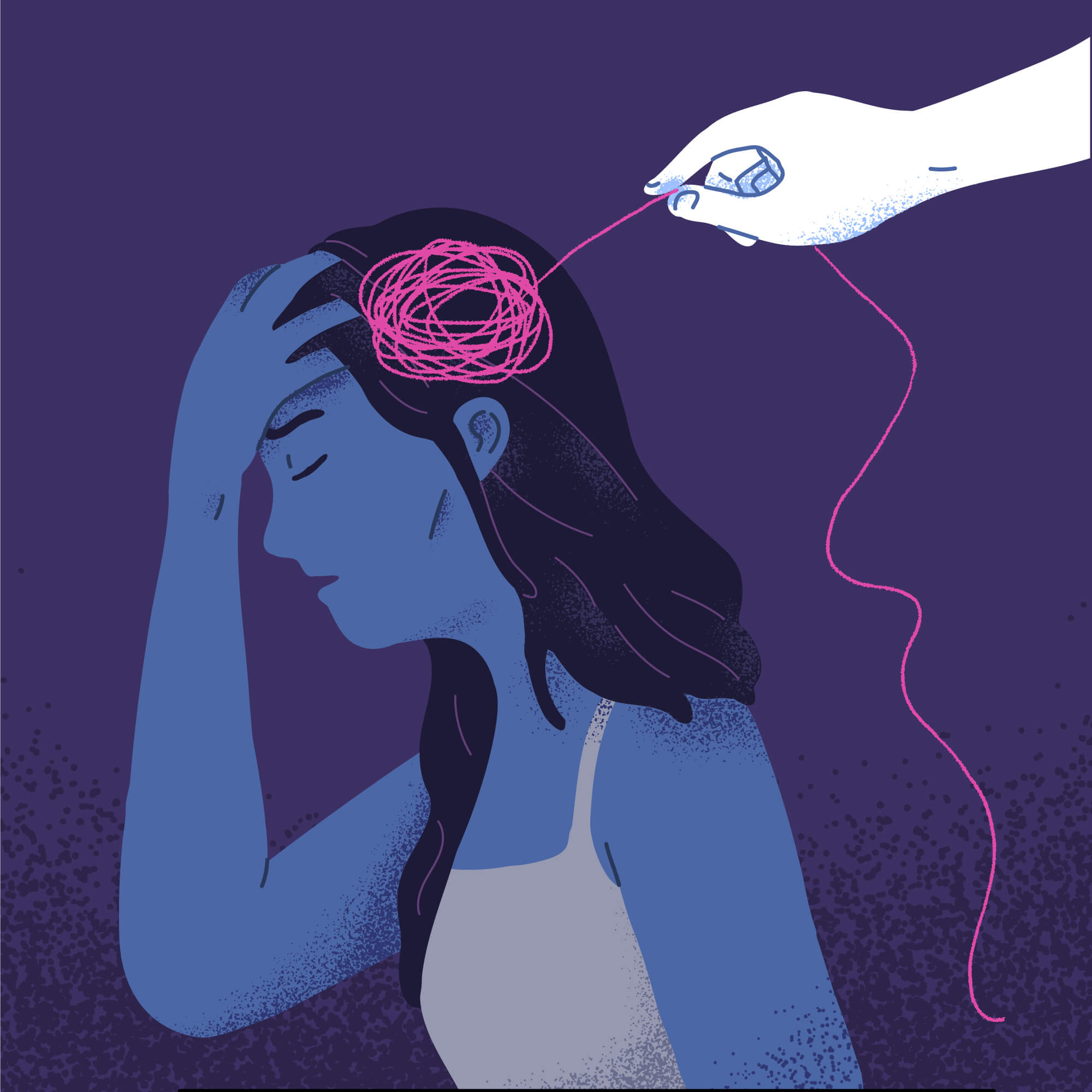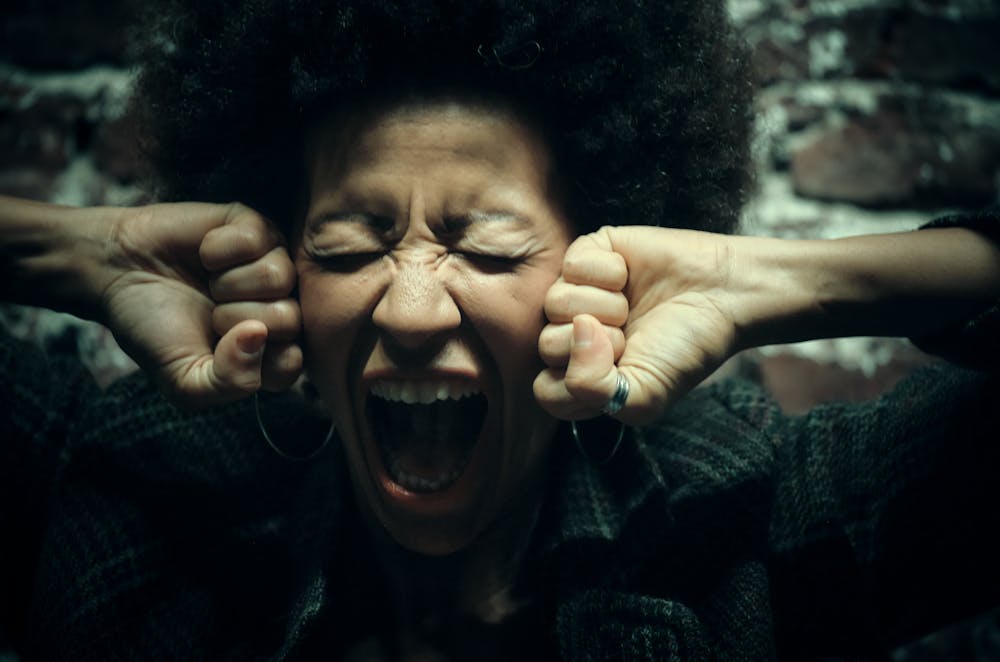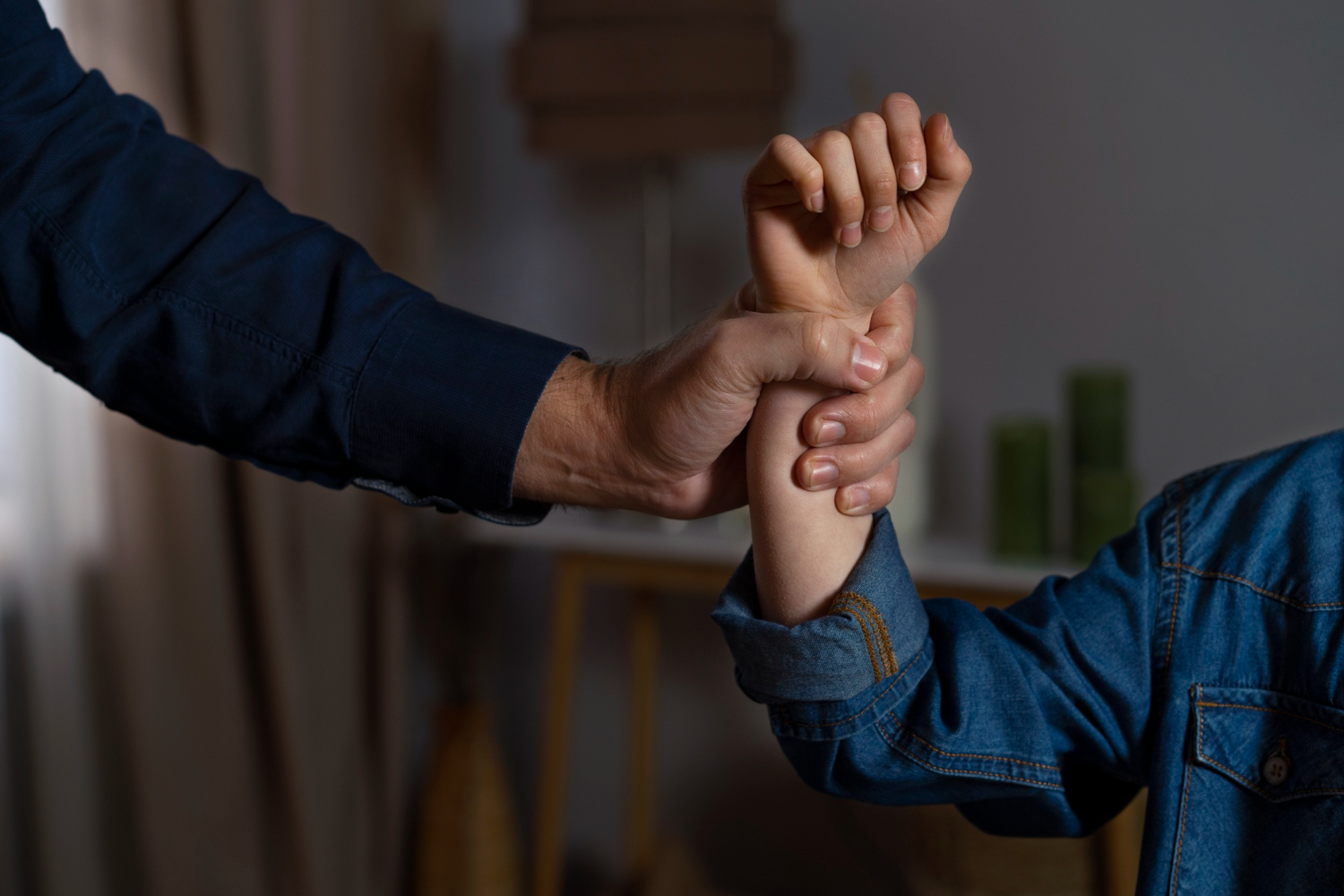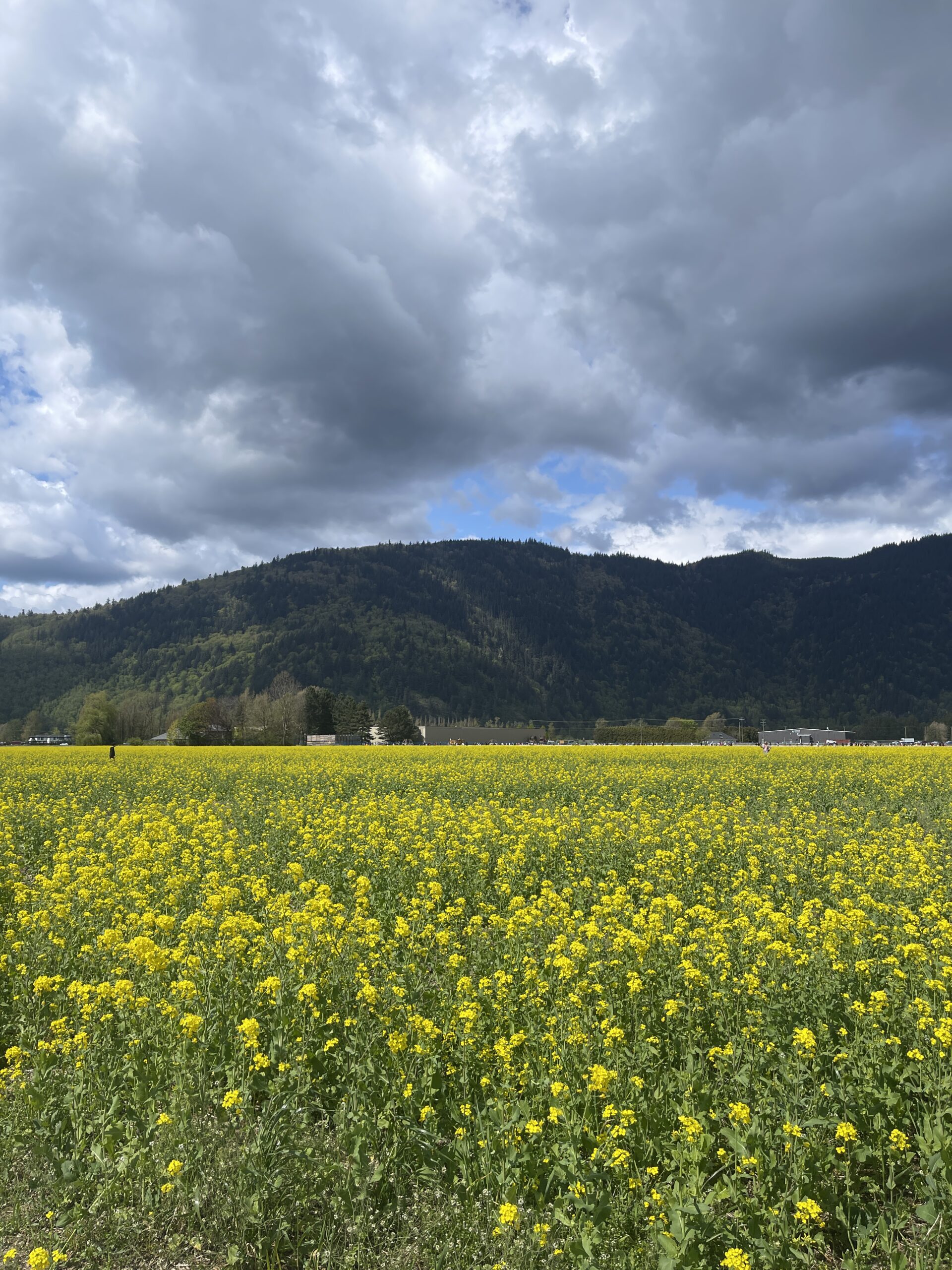It was meant as kindness, like she’d mistaken my roaming the neighbourhood bawling as some sort of cry for help instead of just my typical state as I sift through the details of ten years of institutional harm. I weep because I feel pain and I’ve had to trap it inside and I’m fucking done with that.
The awkward pause
For a moment I paused, anxiety setting in, before I blurted out, “but why?”
The professional roster
Because we have:
- A social worker
- An occupational therapist
- Personal counsellors
- A family counsellor
- A pediatrician
- And 20 other people preceding them including behaviour consultants, play therapists, art therapists, behaviour interventionists, psychologists and other fancy titles.
And the moment of accusation hung in the air—that I had missed something, that I had not yet thought of reaching out for help, that the problem in my life might be solvable with a single good conversation with a professional I hadn’t tried, that I had not already exhausted myself trying to protect my children.
Did I try getting an advocate?
Hell yeah I did. I’ve had some of the preeminent most qualified people in the province of British Columbia support me and I have followed their advice to a tee and they have been excellent strategists, who I would highly recommend to anyone, if any of this shit was solvable through trying hard.
So I gave a liturgy of the people we have leaned on and the lengths we have gone to and told her that this is structural and the system is designed to destroy us.
-
The unseen wounds of advocacy: caregiver burnout, moral injury, and embodied grief
Caregiver burnout in BC schools reflects moral injury and systemic betrayal, as mothers fight exclusion and harm while advocating for disabled children.
Still standing there
Still, I am standing in front of her with tears in my eyes and a child who tells me “fuck you” a dozen times a day, a child who cannot go to school because of what happened there, a child who used to love learning and now refuses even to speak of it. And so it must look like something is missing—like I have overlooked something, like I need help, like there is a solution somewhere I haven’t tried, like this is personal misfortune instead of engineered collapse.
The many forms of gaslighting
Gaslighting is not a single act but a methodical accumulation, a choreography of language and silence, a rehearsal of concern that cloaks the refusal to name harm in civility, all while allowing the erosion of truth to unfold in plain view. To an outsider, these behaviours may seem reasonable—cautious, even empathetic—because they are delivered in calm voices, behind closed doors, in the language of policy and process. But it arrives not with argument but with a nod, not with correction but with a delay, not with confrontation but with a smile that reassures you while the foundations under your feet are quietly pulled away.
How it works
It is not the presence of violence but the absence of acknowledgement that bruises the mind, the rephrased records and sanitized emails that make your memory feel faulty and your reactions excessive. There is no scene to point to, no headline to brandish, no one confession that unlocks the scale of the damage; instead, you are left with years of quiet sabotage, each moment deniable, each gesture ambiguous, each omission intentional.
Why it hurts
What makes gaslighting so devastating is that it embeds itself in systems designed to seem neutral, in voices trained to sound helpful, in relationships that were supposed to hold care—and it does so slowly enough that by the time you realise how far you’ve been displaced from your own perception, the records already say something else.
Who it breaks
I have watched highly competent women lead companies while being erased in their own homes, questioned not for their capability but for the clarity of their instincts. They’ve been undone by a slow campaign to make them doubt what they knew to be true—and this is what I recognise in myself. I am one of them. I am university educated, raised by a feminist, trained in Women’s Studies, a usability and accessibility expert, an accomplished consultant. I am the person people go to when systems are failing and everyone is stuck.
I have been gaslit not just by individuals, but by a system calibrated to make me doubt the most obvious, traceable, gut-confirmed facts of my child’s experience—facts which every competent professional I have engaged outside their system has echoed, documented, and affirmed, only to be systematically dismissed by the school and replaced with the opposite, the undoing, the erasure, again and again, like a performance designed to overwrite truth with the plausible deniability of procedure.
I know what I saw.
And I know what it feels like to keep trying to act normal inside something that is anything but.
People say, if it were that bad, why didn’t you leave? But public education is not something we can walk away from; our children are entitled to it, and our families are bound to it. And in that bind—where harm is delivered through a system we cannot exit—gaslighting flourishes.
-
How it broke me open: the unbearable clarity of seeing things as they are
I know another reason the collective punishment incident was so devastating for me, like truly sent-me-spiralling kind of devastating, wasn’t just because of what was done to the kids (although yes, obviously that too), but because of what it broke in me, in how…
The duality of care and complicity
Support staff told my daughter they were proud of her while standing by as she was touched against her will, recording something else entirely, smiling at me in the hallway, saying nothing when it happened again, and disappearing into a structure that rewards silence.
The principal wore toxic positivity like body armour—her concern was a well-rehearsed look, a squint, a lean forward, a slight downturn of the mouth, followed by a pivot to solutions, to bright sides, to possibilities. Harm was never named. It was managed. Contained. Hidden behind emails and team meetings and the performance of care.
This is not about evil
This is not a story about evil people. This is a story about intimate harm, about harm that comes from people you know, people your children love, people who once said the right things, people you trusted, people who hurt you while smiling, people who said they were doing their best.
The cumulative toll
This is harm that accumulates—it isn’t one moment or one decision but the slow dismantling of a child’s trust, the gradual corrosion of your belief in care, the invisible sequence of compromises that make you imagine disappearing, driving away, leaving it all, not because you are unstable but because the harm keeps happening and no one will name it.
The floor drops out
And then someone says: have you tried a social worker?
Maybe they’re wondering if I’ve overlooked something simple, something obvious, something that would make all this pain legible and fixable. But what I want to say is this: I have done everything. I have tried every path, spoken to every expert, burned myself down to protect my child—and the harm still came.
And you feel the floor fall out again, not because the words are new, but because you have heard them so many times, in so many forms, that they echo like accusation. Because what they mean is: you must not have tried hard enough. And what I want to say again, still, without apology or variance is: I have done everything. I have tried every path. I have spoken to every expert. I have burned myself down to protect my child and the harm still came.
-
Poise as pedagogy
There is a cost to composure that institutions never count. When schools reward mothers for staying calm in the face of harm, they turn grace into a gatekeeping tool and punish those who dare to grieve out loud.
The second job no one sees
In a group for parents of twins and multiples—a population statistically more likely to include at least one child with support needs—an informal poll asked whether families had to advocate for school support. Only four percent said it went well. Seventeen percent said they had to start over every single year because the support kept getting pulled. Ten percent said their advocacy helped but the school response was inconsistent. Four percent said the trauma was so severe they pulled their kids into online school. That’s thirty-five percent of families in survival mode, and that’s just the ones who answered.
On average, one in five children requires accommodations in school, which means that in a family with twins or multiples, the likelihood of needing to advocate multiplies—and the energy required to sustain that advocacy increases exponentially. While most parents might have to advocate once or twice across a school career, twin parents in this poll reported that advocacy was required every year, for both children, often without continuity or recognition. The labour doubles, the stakes double, the surveillance doubles—but the credibility halves. The institution sees one mother pushing for too much, too often, too loudly. The fact that both children need help becomes part of the case against her.
And when the institution is already brittle, already inclined to deflect and deny, she is framed as the problem simply for refusing to back down. Because what she is doing—what I have done—is challenging a system that punishes visibility, that resents clarity, that recoils from need when it cannot be managed easily or alone. When a mother shows up advocating for more than one disabled child, she becomes a threat to institutional stability—and the institution responds not with support, but with containment.
Advocacy is treated like a choice, like a single act of bravery you perform and then move on from, but it isn’t—it’s a second job that never ends, is never paid, is never recognised, and has no workplace protections, oversight, or respite. Fuck you, I have been working a second job for eight years working for the school and nobody noticed, nobody tracked the hours, nobody documented the toll. I have been managing staff, writing reports, scheduling meetings, running strategic communications, defusing crisis, submitting paperwork, troubleshooting miscommunications, and absorbing the consequences when systems fail. That is labour. That is work. That is an entire profession I never chose, and it broke me.
-
The path to justice: legal versus public record
The courts may offer compensation, but rarely truth. The legal path demands silence in exchange for settlement. The public path asks you to speak while you’re still bleeding. Neither is easy. But only one builds a record that helps the next family survive.
What I want them to understand
I know what you’re thinking—if things were really that bad, wouldn’t someone have done something? Wouldn’t there be an intervention, a process, a line that couldn’t be crossed? But I am telling you: there isn’t. There wasn’t. There was only me, standing in the gap, naming what happened, insisting on reality when everyone else deferred to protocol.
And what’s worse—what cuts in places no policy can reach—is that people who have known me for thirty years have started to wonder if maybe I’m just negative, as though the clarity they once trusted has become a liability, as though my grief is contagious and must be avoided before it disrupts their sense of order.
I don’t want to rattle off past accomplishments as if they are proof of worthiness, but I need you to understand: I am the person people seek out when things are deeply broken, structurally incoherent, ethically complicated, politically fraught—I am a highly sought-after consultant who solves problems others have failed to solve, who untangles what feels unsolvable with fluency and care. I am a usability and accessibility expert, someone who understands systems and governance, structure and diplomacy, emotional nuance and institutional pressure, someone who knows how power behaves when it feels threatened and how people collapse when that power is turned on them instead of held accountable.
This did not happen because I failed. It happened because the system is designed to destroy families like ours.
And it has been allowed to continue, not because we didn’t speak up, but because they wouldn’t listen.
-
Few of us remain our best selves in a room starved of air
If you are a parent of a neurodivergent child, you can recite the script before the phone even buzzes. “[Child] had a very good day and really showed leadership with the younger kids” Pause. “But in the afternoon [Child] had some unexpected behaviour. [Child] is waiting at the office.” Praise is meant to help us feel that […]












